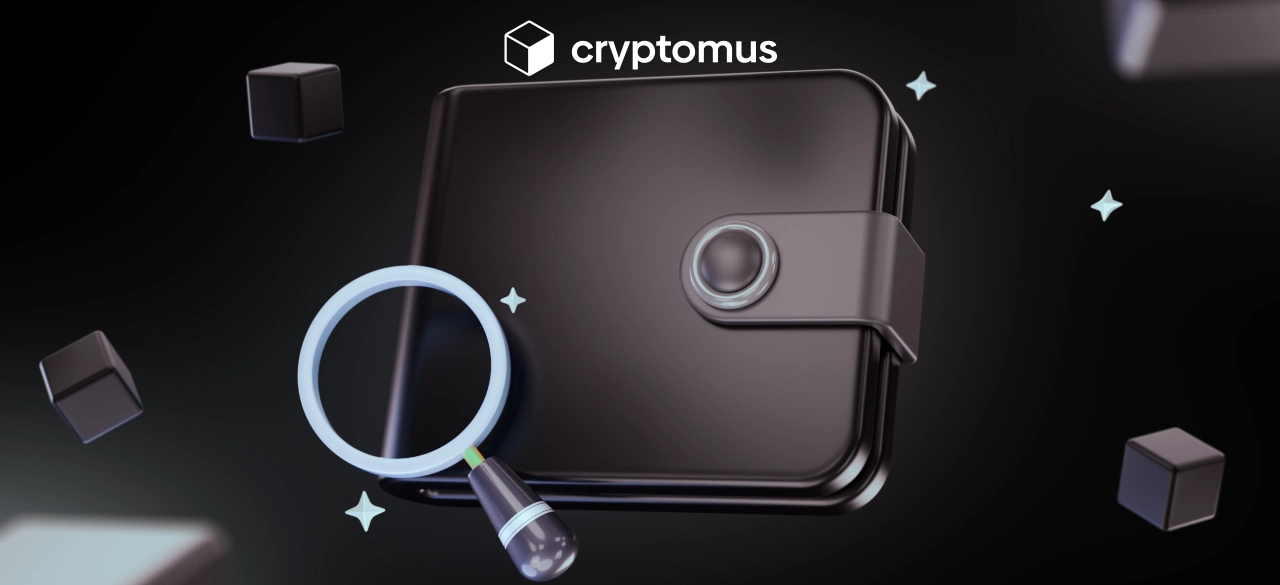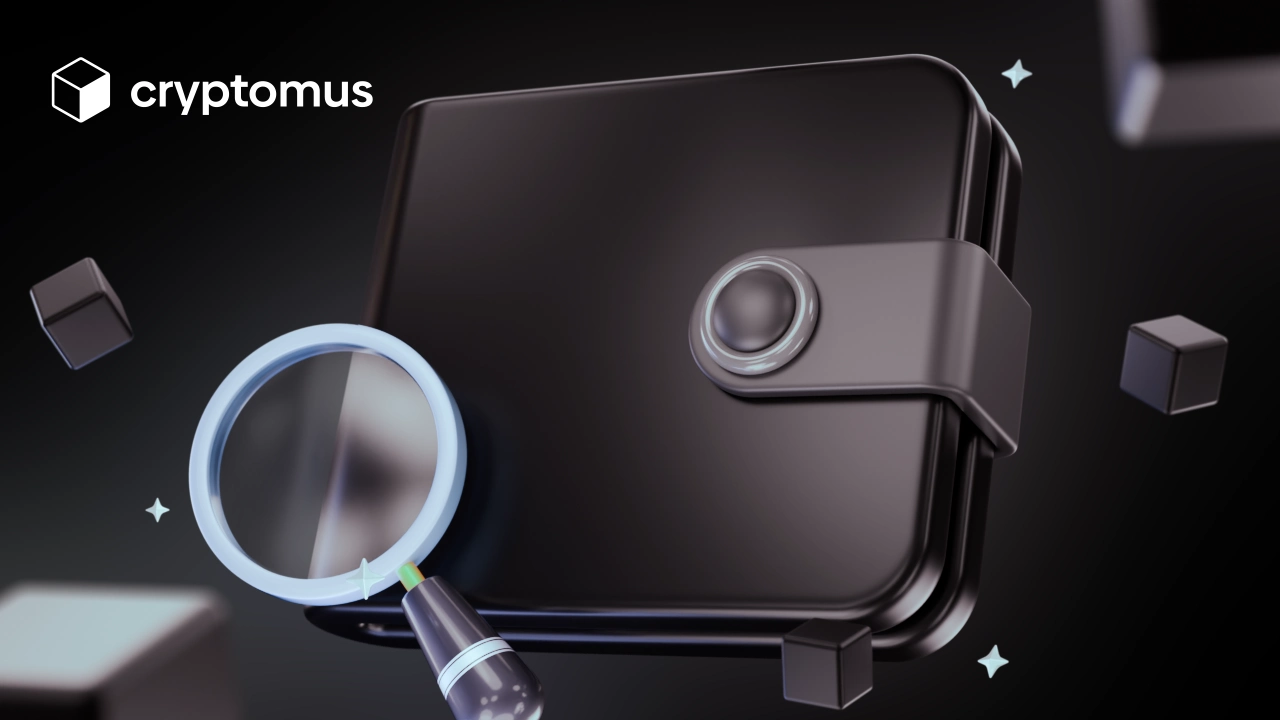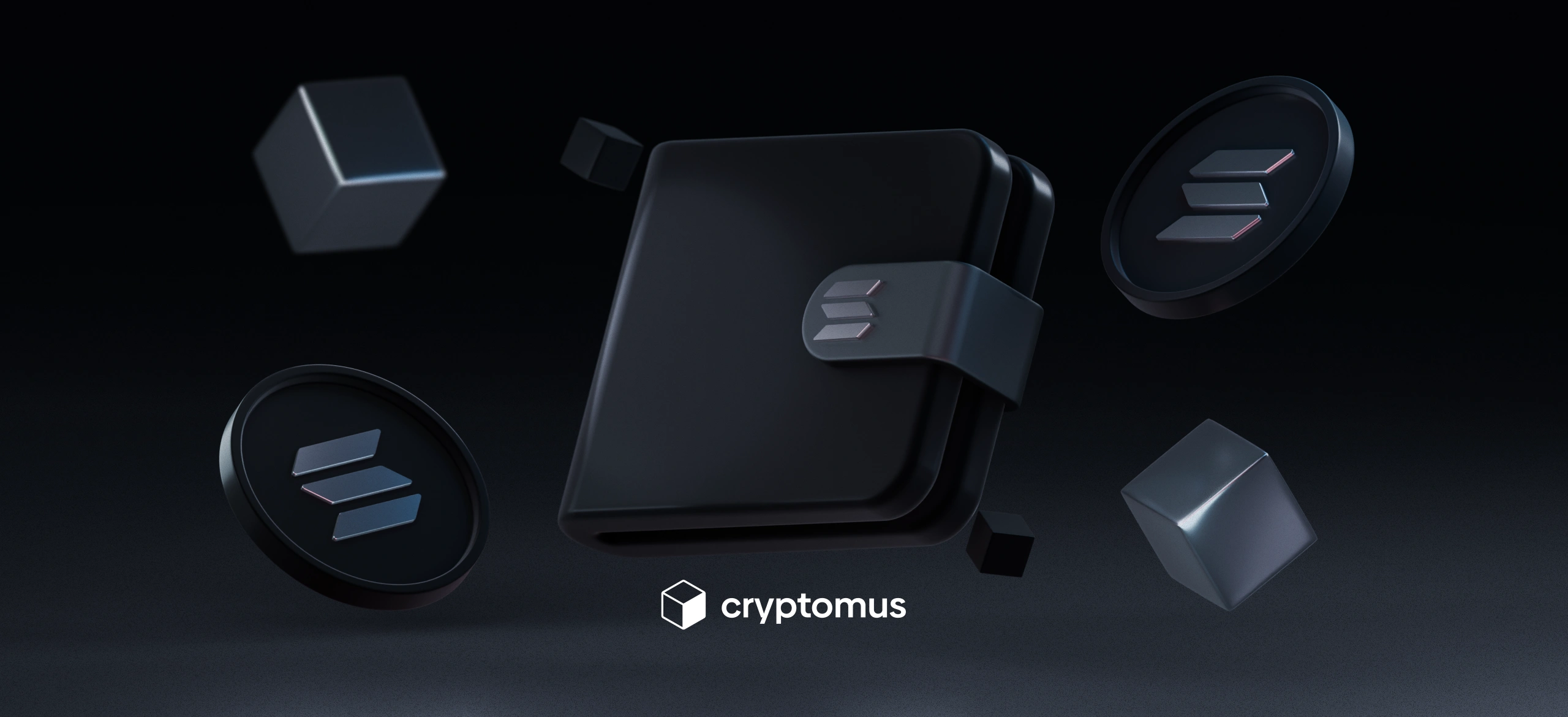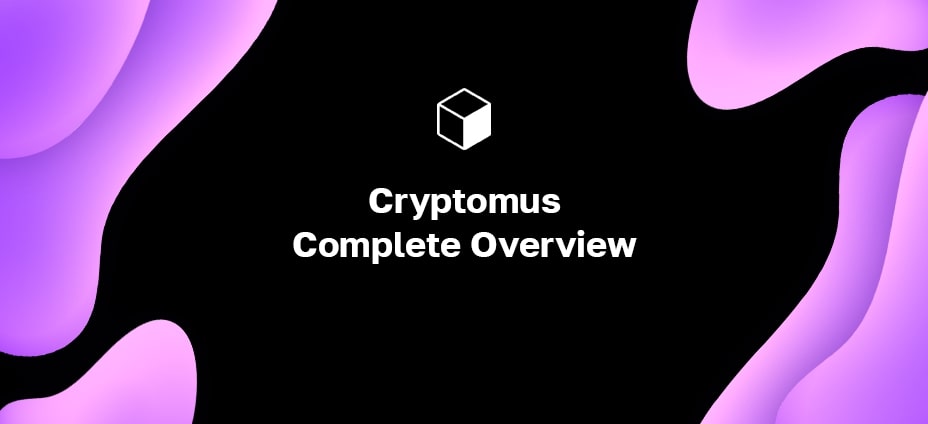
How To Find A Lost Crypto Wallet And Recover It
Table of Contents
Losing access to a crypto wallet can be a catastrophe, especially if there is a large sum of assets stored there. However, losing access to your cryptocurrencies is not the end of the road.
In this guide, we’ll explain how people lose access to their wallets, what actually happens when it occurs, and most importantly, how you can recover or protect your crypto assets.
How Do People Lose Access to Their Wallet?
Losing access to a cryptocurrency wallet is more common than many people realize, and it can happen in various ways. There are some situations:
-
Forgotten passwords or PINs. Users often forget or lose the passwords necessary to access their wallets, making recovery extremely difficult.
-
Lost seed phrases. A seed phrase is required only in non-custodial wallets, where losing it usually means permanent loss of access.
-
Equipment malfunction. If a wallet is stored on a physical device, such as a hardware wallet, and that device is damaged or lost, access to the funds might be permanently lost.
-
Theft or hacking. Malicious actors who gain access to your keys or passwords can lock you out of your wallet. Check here to find out how to protect your wallet from such attacks.
What Happens When You Lose Access to Your Wallet?
When a user loses access to a non-custodial crypto wallet, it usually means that no one can recover the funds — not even the wallet provider. The coins remain on the blockchain, visible but permanently inaccessible. This happens in many real cases where people lose hardware devices or delete wallet files, leaving large amounts of crypto locked forever.
In contrast, losing access to your 2FA device on a custodial platform — for example, if a phone is lost or reset — does not lead to irreversible loss of funds. While you may be temporarily locked out of your account, access can typically be restored through email verification, identity confirmation, backup codes, or assistance from the platform’s support team. The main consequence is inconvenience, not permanent loss.
How to Recover Access to Your Own Wallet?
If you’ve lost access to your wallet, it’s important to act quickly and methodically. Here’s a detailed guide on the steps you can take to find your lost wallet (in particular, Bitcoin wallet):
-
Search for your private key or seed phrase. Check notebooks, safes, and search digital storage such as cloud services, emails, or password managers where you might have saved them.
-
Use wallet recovery tools. If you find your seed phrase or private key, use your wallet app's recovery option to restore your wallet. Some wallets also offer recovery tools that can help if you've lost access but still have some backup data.
-
Locate your wallet file. Search for your wallet's keystore file (like “wallet.dat” or “keystore.json”) on any devices or backups where it might be stored. Once found, use the wallet's import feature to regain access, making sure you remember the associated password.
-
Recover from another device. If your wallet was previously accessed on another device, check it or restore it from a backup. This could be an old phone, tablet, or computer that still has the wallet data stored on it.
-
Retrieve lost passwords: If you forgot your wallet password, try recovering it from a password manager where it might be saved. Alternatively, try old passwords or patterns you commonly use, as some wallets may allow multiple attempts without locking you out.
-
Contact wallet support: If all else fails, reach out to the wallet provider's support team. Provide them with detailed information about your wallet and follow any recovery procedures they offer, as some may have ways to help you regain access.

What to Do if You Find Someone’s Lost Wallet?
If you come across the data of a crypto wallet or a physical carrier, you should avoid attempting to use it. However, there are legitimate ways to help return the wallet to its owner:
-
Contact the owner. If there is a way to identify the owner (for example, if the wallet data or a physical carrier reveals some personal info), reach out to them directly.
-
Consult blockchain experts. In some cases, specialists can help rightful owners recover access to stolen or lost wallets. These experts can also assist in identifying the original owners and reaching out to them to return the wallet, ensuring that access is restored to the legitimate holder.
-
Report to the crypto community. Announce the found wallet in online communities; the owner may respond.
Largest Lost Bitcoin Wallets
Stories of lost Bitcoin wallets can be shocking due to the massive amounts of money involved. Here are some of the most famous cases:
-
Satoshi Nakamoto’s wallets;
-
James Howells’ lost hard drive;
-
Lost Bitcoins of early miners;
-
Mt. Gox exchange collapse;
-
Christopher Koch’s forgotten wallet.
Let's look at each story in more detail.
Satoshi Nakamoto’s Wallets
Satoshi Nakamoto, the anonymous creator of Bitcoin, is believed to control several wallets containing approximately 1 million Bitcoins. Since Satoshi’s last public communication in 2010, none of these Bitcoins have been moved. Many experts believe that Satoshi either intentionally made these Bitcoins inaccessible or lost access to them forever. Today, these Bitcoins are worth over $25 billion.
James Howells’ Lost Hard Drive
One of the most famous cases is that of British citizen James Howells, who in 2013 accidentally threw away a hard drive containing 7,500 Bitcoins. At the time of the loss, they were worth several million dollars, but since then the price of Bitcoin has increased significantly, and today these Bitcoins are valued in hundreds of millions of dollars. Howells has repeatedly tried to obtain permission to excavate the landfill where he believes the hard drive is located, but authorities have refused, citing significant costs and environmental risks.
Lost Bitcoins of Early Miners
mined the cryptocurrency on home computers. Back then, Bitcoin was worth just a few cents, and most miners didn’t pay much attention to the security of their wallets. Over time, they forgot passwords, lost seed phrases, or simply threw away old computers and hard drives. Experts estimate that up to 20% of all existing Bitcoins, which is about 3.7 million BTC, may be lost forever. These Bitcoins, which are worth billions of dollars today, will never return to circulation.
Mt. Gox Exchange Collapse
Mt. Gox was the largest Bitcoin exchange in the world until it fell victim to one of the most famous hacks in cryptocurrency history in 2014. The attack and possible internal shenanigans resulted in the loss of about 850,000 Bitcoins. The exchange was later able to recover about 200,000 BTCs, but the remaining 650,000 BTCs are still considered lost. At the time of the loss, these Bitcoins were worth hundreds of millions of dollars. However, ten years after the high-profile bankruptcy of Mt.Gox, users of the exchange will finally receive long-awaited payments in Bitcoins, which have increased in price by 100 times!
The incident shocked the cryptocurrency community and prompted significant security enhancing at cryptocurrency exchanges. If you have encountered a similar situation, in this article we explain how to get back your stolen cryptocurrency.
Christopher Koch’s Forgotten Wallet
In 2009, Norwegian engineer Christopher Koch bought about $27 worth of Bitcoin as part of his thesis research. He bought about 5,000 BTCs and soon forgot about it. A few years later, when Bitcoin was gaining popularity, Koch remembered his investment but found that he had lost access to his wallet. Fortunately, he was able to regain access. The incident highlights how easy it is to lose huge amounts of money through simple carelessness.
Preventing Wallet Loss: Best Practices
The best way to recover a wallet is to never lose it in the first place. Follow these essential tips:
- Write down and safely store your seed phrase. Keep multiple copies in different secure locations.
- Use a hardware wallet for large amounts and avoid storing recovery phrases or private keys on the same device.
- Enable two-factor authentication (2FA) where possible.
- Regularly update your backups. Keep both digital and physical backups current.
- Test recovery procedures — practice restoring your wallet with a small amount before you need it.
By building a reliable backup routine, you significantly reduce the risk of losing access to your funds forever.
Recovering a lost crypto wallet can be stressful and time-consuming, but staying calm and following a structured recovery plan gives you the best chance of success.
Always protect your private keys, back up your data, and learn from the experiences of others. And if your wallet is connected to the Cryptomus ecosystem, you can benefit from additional wallet management and recovery tools designed to keep your crypto safe. The platform also offers responsive customer support — available both in Telegram and via email — so you can quickly get help if anything goes wrong.
Thank you for reading! Ask your questions in the comments section below.
Simplify Your Crypto Journey
Want to store, send, accept, stake, or trade cryptocurrencies? With Cryptomus it's all possible — sign up and manage your cryptocurrency funds with our handy tools.
Get Started









